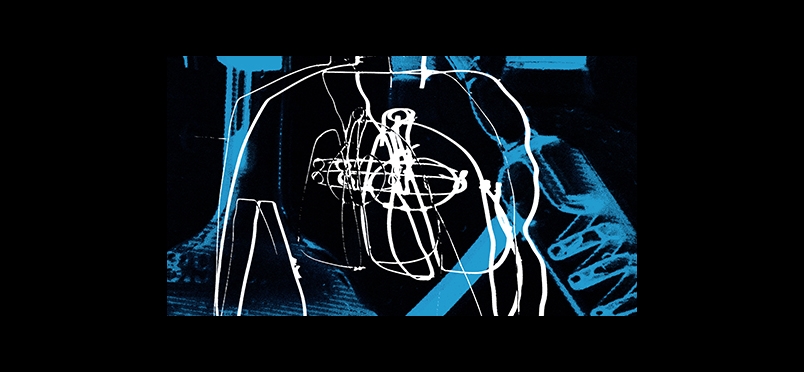| research/study
Rheumatoid Arthritis and Brain Function

New Insights on the Impact of Chronic Inflammation
Researchers from Michigan Medicine’s Chronic Pain and Fatigue Research Center, in collaboration with experts from the University of Aberdeen, UK, have published conclusions from an investigation of the impact of rheumatoid arthritis (RA) on brain function. Lead author Andrew Schrepf, PhD, at Michigan Medicine commented, “Rheumatoid arthritis is an inflammatory and autoimmune condition with nasty levels of inflammation that can affect a person’s joints and the rest of their body, inducing fatigue, sleep and creating cognitive difficulties. Even though it has been assumed for a long time that the inflammation we see in blood is impacting the brain, up until this study we didn’t know precisely where and how those changes in the brain were actually happening.” The findings appear in the journal Nature Communications.
The study engaged what the researchers termed a “remarkable” data set on 54 patients with rheumatoid arthritis from the UK. Typical research of this nature relies on healthy subjects who are then induced with an injury insult. But Dr. Schrepf noted that “… to understand how it impacts people with chronic illness, we have to see the brain of someone with inflammation happening for a long period of time.” The team used functional and structural neuroimaging to examine the association between peripheral inflammation and brain connectivity and function. They conclude that this inflammation both alters functional connections and contributes to symptoms such as fatigue and mood disorder that are reported by rheumatoid arthritis sufferers. The findings may inform the direction of clinical management of RA, according to author Neil Basu, PhD, with the University of Aberdeen, who observed that “…we provide evidence that the future targeting of central inflammatory pathways may greatly enhance the quality of life of patients with rheumatoid arthritis and potentially other chronic inflammatory disorders.”
Read about the findings and implications for future therapy.
The journal abstract may be read here.
Did you enjoy this article?
Subscribe to the PAINWeek Newsletter
and get our latest articles and more direct to your inbox